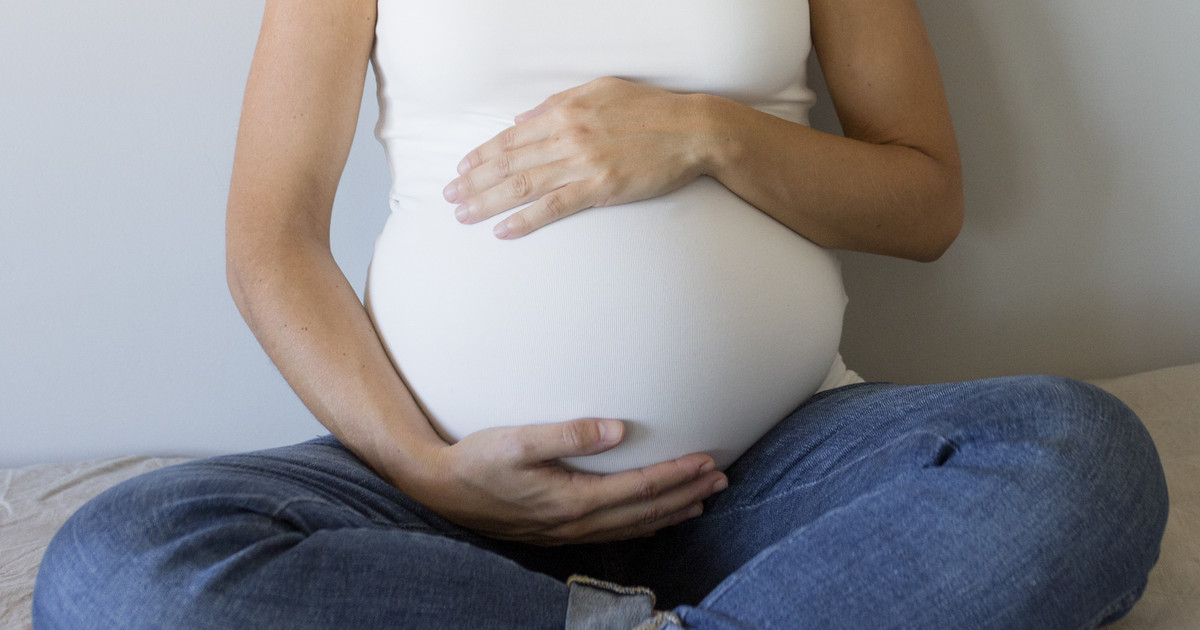What Causes A Light Period?
Every woman experiences their "time of the month" differently, and there are various factors that affect menstrual flow. Some women may have difficulty with heavy flows, while others breeze through their period with no problems whatsoever. Everyone has their own "normal" regardless of the duration or amount of blood flow. Women have to pay close attention to the changes in their cycle to recognize potential health issues. A normal period typically lasts from two to seven days. Most women have consistent periods with the same amount of days and flow, but some women's cycles are not as predictable. Spotting or light bleeding for less than two days or missing one or more periods could be an indication of one of the health conditions below.
Pregnancy

The menstrual cycle ceases during pregnancy and doesn't return until after the birth of the child. Women typically do not have their periods during this nine-month period because the uterine lining is needed to nourish and provide a home for the growing fetus. Almost thirty percent of women will have some light bleeding or spotting in their first trimester. This can be caused by different issues, such as cervical irritation, infection, or a possible miscarriage.
Implantation bleeding is a common cause of spotting or a light period. It happens when the fertilized egg becomes embedded in the wall of the uterus. This usually happens around the time of the next expected period, confusing many women. Implantation bleeding is usually much lighter than a normal period, and the color may be pink or dark brown. Some light bleeding in the early stages of pregnancy is considered normal. However, you should inform your doctor if it doesn't go away or becomes heavier, especially if it's accompanied by painful cramping or back pain.
Stress

Stress is a normal part of life, but it can affect a woman's menstrual cycle and cause a light or missed period. The release of hormones that control the menstrual cycle can be altered or blocked because of too much emotional strain. The daily rigors of life that cause distress are usually not severe enough to impact the menstrual cycle, but major life stressors or a very stressful event can create an abnormal period.
Emotional stresses such as divorce or the loss of a loved one can take an extra toll on the body and mind. Women who experience an extraordinary amount of stress at home or work can also experience changes in their cycle. Physical stresses, such as over-exercising or extremely strenuous exercise can also affect your cycle and cause a light or skipped period. Periods should return to normal after the stressful period or event has passed.
